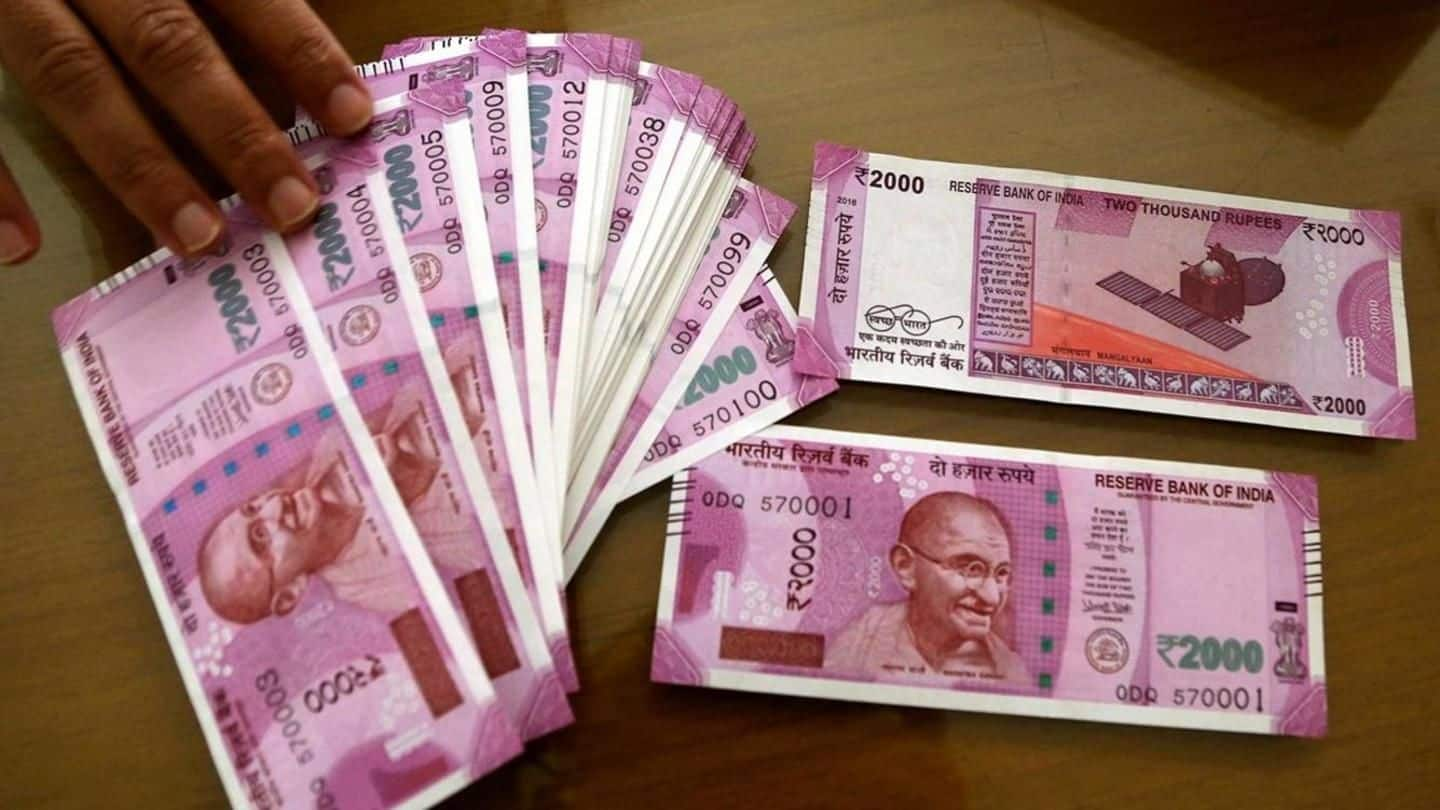
CiC slows down since May over spike in crude prices
What's the story
The currency in circulation (CiC), which increased exponentially after the note ban in November 2016 under which as many as 99.9% of them returned to the system, has seen some slowdown in expansion since May this year. This is likely due to higher fuel prices and Reserve Bank of India's intervention in the forex market, said SBI Research in a report today. Here's more.
Increase
CiC increased to Rs. 19.5 trillion till September 14: Report
CiC increased from Rs. 9 trillion in January 2017 to Rs. 19.5 trillion as of September 14, 2018. But since the beginning of May 2018, the same has been in the range of Rs. 19-19.6 trillion, the report says. "One possible reason can be people cutting back discretionary spending with the recent spurt in fuel prices, mostly in rural areas," says the report.
Reasons
The possible reasons of reducing currency in circulation
Another factor could be the extent to which RBI is selling dollars directly from its foreign exchange reserves to designated dealers/banks, thereby withdrawing rupee resources in return, thus reducing currency in circulation, the report said. It, however, said such intervention, since taking place between banks, should not have a major impact on systemic liquidity. The third reason could also be RBI replacing soiled notes.
Details
Decline in CiC is a seasonal phenomenon, says report
The decline in CiC is a seasonal phenomenon but this time it seems the decline is more than just seasonal and has continued beyond August, the report notes. The RBI's weekly data for the last 10 years shows a pattern in CiC decline in the last fortnight of every July, which is partly explained by the low cash demand from the agriculture sector.
Information
Currency demand increases after monsoons as harvesting begins in October
The currency demand increases after monsoons as harvesting begins in October followed by Rabi sowing, eventually giving rise to cash requirement. The festive season also brings along its natural demand, which gets accentuated with buying of gold, automobiles, and increasing currency demand, the report said.